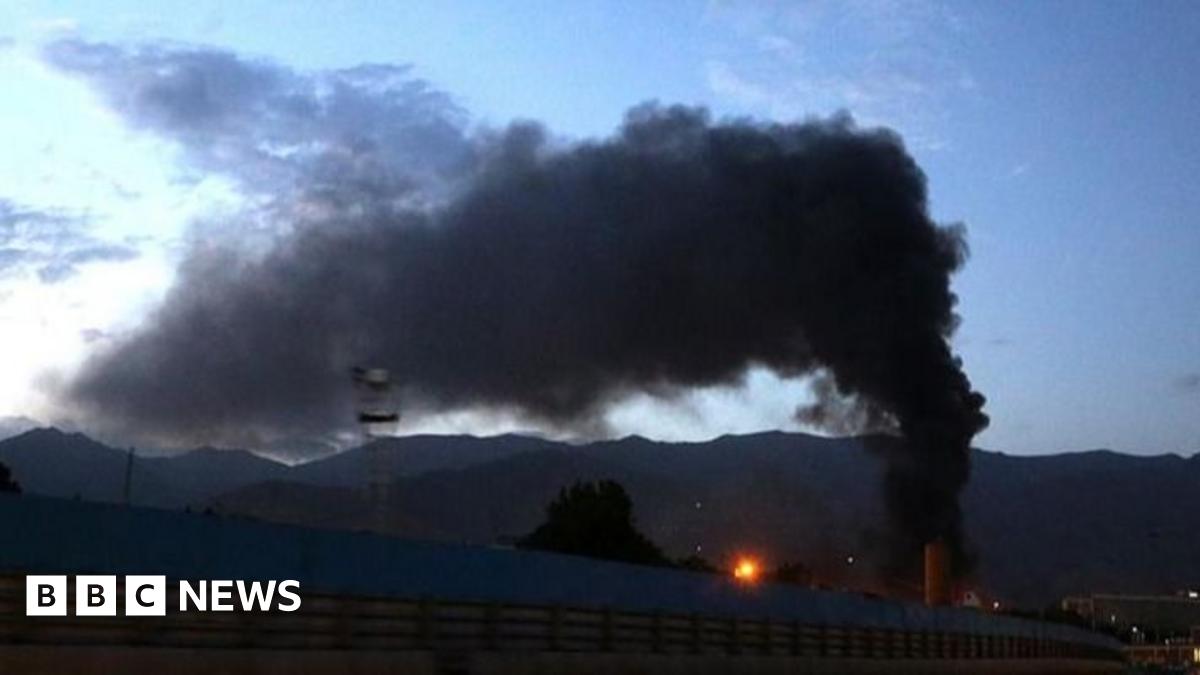Iran Retaliation Fears Surge as US Remains on High Alert – Nuclear Program Claims Under Scrutiny

Washington is bracing for potential Iranian retaliation following recent strikes targeting three nuclear facilities within the nation. Chairman of the Joint Chiefs of Staff, General Dan Caine, announced Sunday that the U.S. military is on “high alert” and fully prepared for any response from Tehran. This heightened state of readiness comes amidst ongoing debate and scrutiny surrounding claims that Iran's nuclear program has been “obliterated,” a statement made by officials following the attacks.
Heightened Security Measures and Military Posturing
The decision to raise the alert level reflects the escalating tensions in the region and the U.S. assessment of a credible threat. General Caine emphasized that U.S. forces are “fully postured” and ready to respond to any aggression. These measures include increased surveillance, enhanced defensive capabilities, and a proactive posture aimed at deterring potential attacks. The Pentagon has not disclosed specific details regarding the deployment of additional forces, citing operational security concerns.
Nuclear Program Claims: A Point of Contention
A key element of the current situation is the assertion that Iran's nuclear program has been effectively neutralized. While U.S. officials have confidently declared the program “obliterated,” independent analysts and international observers have expressed skepticism. The complexity of nuclear infrastructure and the potential for clandestine operations make it difficult to definitively confirm such a sweeping claim. Critics argue that even if some facilities have been damaged, Iran could still possess the knowledge and resources to resume its nuclear ambitions at a later date.
Geopolitical Ramifications and Diplomatic Efforts
The strikes and the subsequent U.S. response have significant geopolitical implications, potentially destabilizing the already volatile Middle East. The international community is closely monitoring the situation, with calls for de-escalation and a return to diplomatic solutions. Negotiations surrounding Iran's nuclear program have been stalled for some time, and this latest development further complicates the prospects for a peaceful resolution. European powers, in particular, are urging restraint and emphasizing the importance of dialogue to prevent a wider conflict.
Iran’s Potential Response
Iran has condemned the strikes as acts of aggression and vowed to retaliate. The nature of that retaliation remains uncertain, but possibilities include cyberattacks, missile strikes, or proxy attacks through regional allies. The U.S. is actively working to gather intelligence and anticipate Iran’s next move. The focus is on deterring any actions that could further escalate the conflict and endanger civilian populations.
Looking Ahead: A Precarious Situation
The situation remains highly precarious, with the potential for further escalation. The U.S. and Iran are locked in a tense standoff, and the actions of both sides will have far-reaching consequences. The international community must work together to find a diplomatic path forward and prevent a catastrophic conflict. Close monitoring of Iran’s activities and continued efforts to de-escalate tensions are crucial in the days and weeks ahead. The credibility of the




